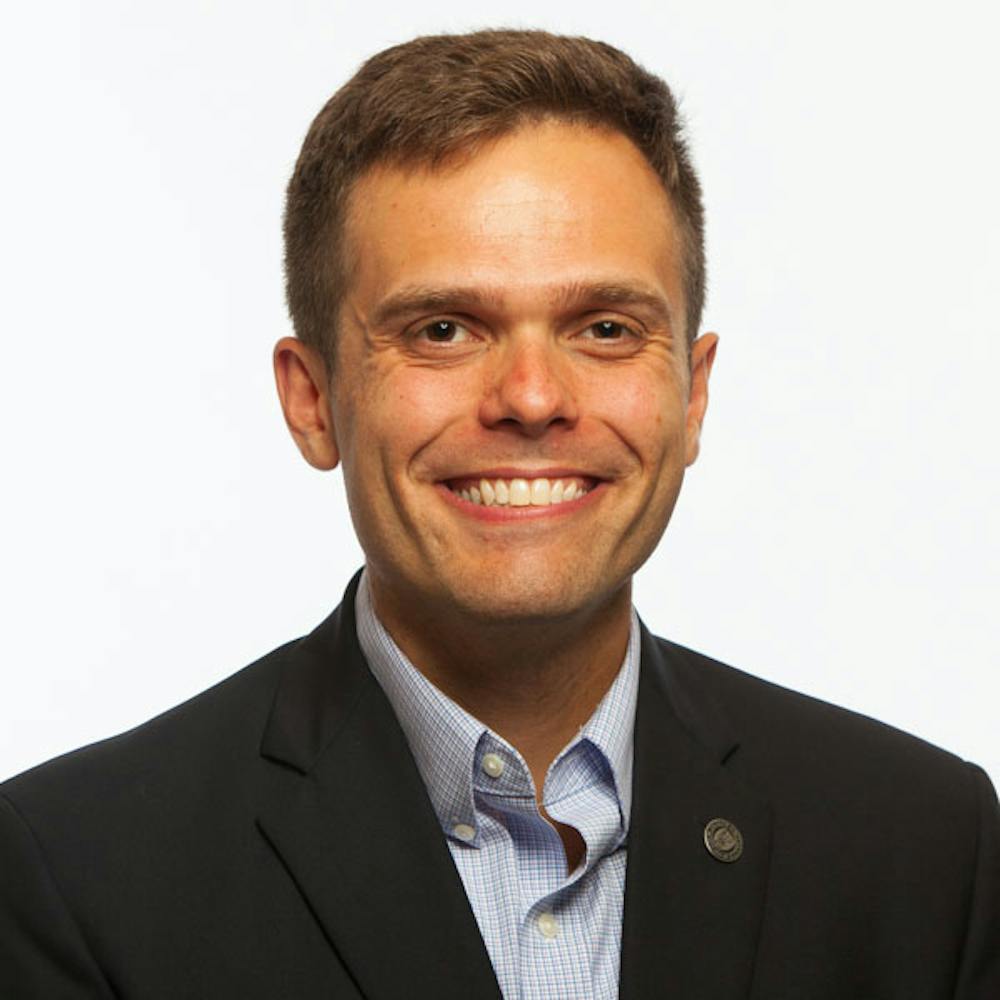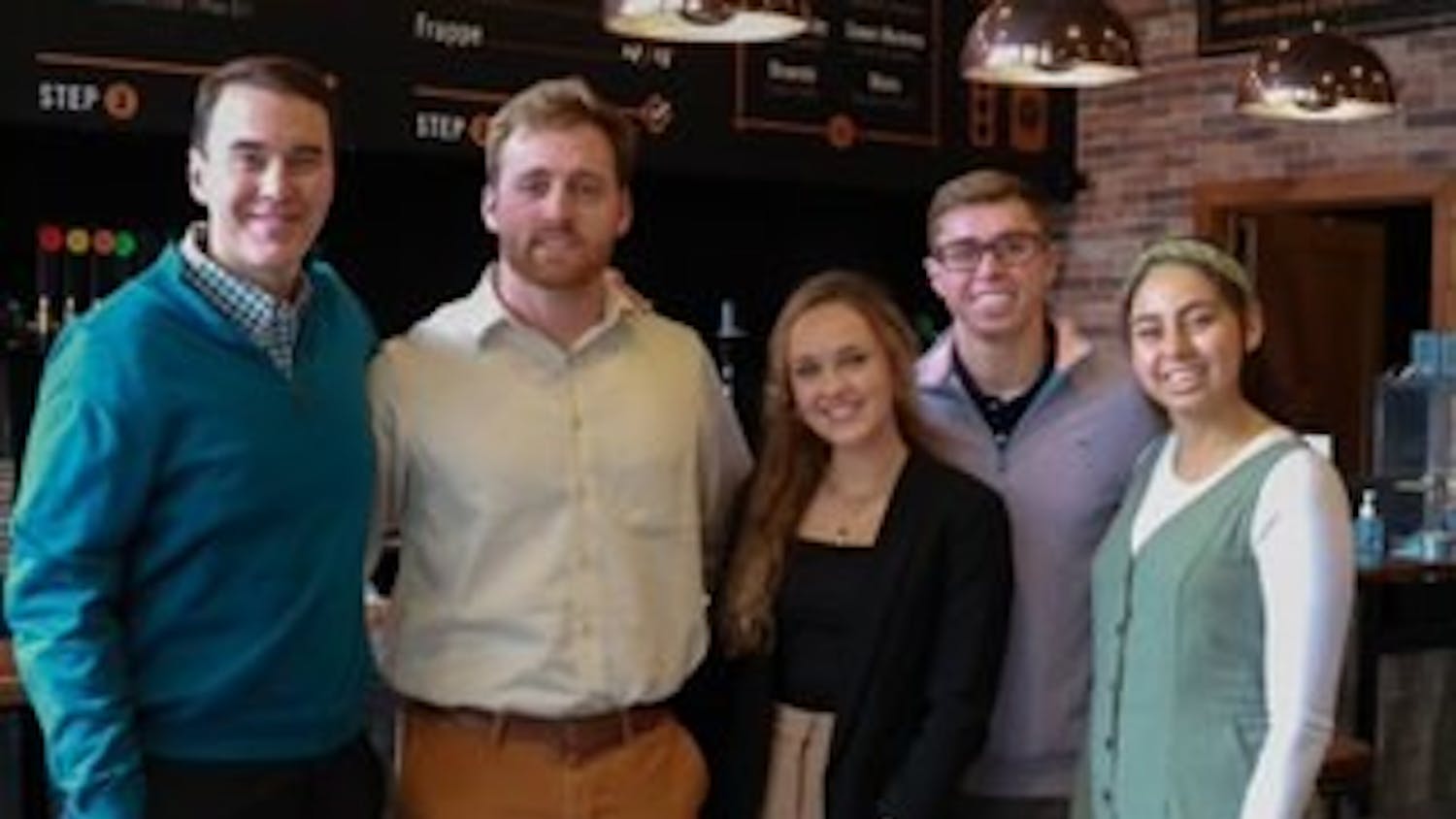A satisfaction survey was sent out to the entire student body on Oct. 26 of last fall semester in effort to compare Taylor’s efficacy to other institutions a part of the Council for Christian Colleges and Universities.
Results showed Taylor surpasses much of the CCCU average in both general and spiritual factors.
Every two years, the university assessment council at Taylor creates these surveys and compiles student’s responses for future strategic planning. Because the turnover rate of students is 50% following these two years, the council seeks to observe trends or changes in data.
“We are an intentional community and these results prove that,” said Skip Trudeau, vice president of student development. “All of these categories are important to us and we strive to continue to prioritize them as we seek to improve students’ satisfaction with their experience.”
The 2021 survey generated a 39% response rate. 64% were female and 34% were male. By classification, freshmen accounted for 24.39% of responses, sophomores 25.69%, juniors 23.42% and seniors 25.36%.
Survey questions consisted of general inquiries such as how welcome students feel on campus and CCCU-specific items including level of spiritual growth in students.
Each question was broken into two parts: importance and satisfaction. For the two segments, students rated the subject in question on a scale from one to seven, one being least satisfied or important and seven being most satisfied or important.
Kimberly Case, director of assessment and quality improvement, said the target participation for any university survey is one third of the student body, so she was pleased with the response rate.
“The really valuable part of this is we get to see how Taylor’s doing in comparison to other Christian colleges overseas (internationally),” Case said.
Comparisons between Taylor and other CCCU institutions were evaluated from averages in students’ answers, drawn from “satisfaction” inputs. Based on the number of participants, the differences in satisfaction between the two bodies fell into three levels of statistical significance.
While the survey consisted of an estimated 100 items, Case provided summaries for the 15 with the highest significance level, both above and below CCCU average. The average standard deviation in each item was 1.25, in either direction, meaning there was a considerable range of opinions.
Taylor had the greatest positive difference of 0.72 points over CCCU concerning the topic of number of weekend activities for students, with 5.71 compared to 4.99.
Though only a 0.19 advantage in the category of intellectual growth, Case said this was fantastic to see.
“It’s notable that our students are saying, ‘I am able to experience intellectual growth here’… And I feel we should elevate that message more,” Case said. “We know that people come to colleges for a variety of reasons, but certainly the intellectual growth is a drawing point.”
Other distinguished positive performances include spiritual growth, residential hall regulations being reasonable and student enjoyment while on campus.
Separate from the 15 selected items, three were labeled under areas to improve, and include the following: competent health service staff, ease of registration and adequate food selection in the cafeteria. All three were at the highest significance power, however in the negative direction below CCCU average.
To effectively use this data, Case said that the university assessment council hosted three focus groups March 15 in Euler Science Complex. Case sent out an email to randomly selected students to take part in these focus groups. Master of Arts in Higher Education students facilitated the discussions by asking the undergraduate students why they answered the way they did and how Taylor might go about addressing their concerns.
All of this additional information will be added to the council’s strategic plan which is currently being developed by Vice President of Strategy and Chief of Staff Will Hagen.
Once the data is finalized and the groups meet, Case will deliver an all-encompassing report to President Michael Lindsay. Case said Lindsay has noticed that Taylor is a very student-centered institution but the survey results can give credibility to that learned perspective.





